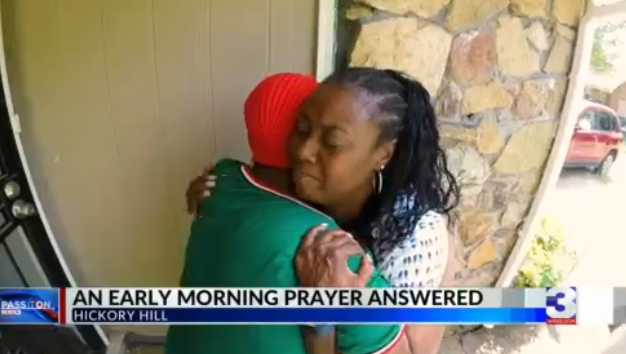MEMPHIS, Tenn. — State Sen. Katrina Robinson has been charged along with two other women in a new case involving fraud at her Cordova nursing school, federal prosecutors said Tuesday.
Robinson, 40, faces federal charges of conspiracy to commit wire fraud and money laundering in the case, U.S. Attorney Michael Dunavant said. Katie Ayers, 59, and Brooke Boudreaux, 32, also are charged in the complaint.
The Memphis Democrat was indicted last July on embezzlement and wire fraud charges in a separate case also involving tuition for The Healthcare Institute, which she founded in 2015. That case is pending.
In the new case, the three allegedly conspired to defraud the victim, referred to in a complaint as R.S., out of $14,470 that he paid Robinson’s school, The Healthcare Institute in 2017.
The money was purportedly for Boudreaux’s tuition. But prosecutors say Boudreaux never attended the school, and the women split the money for their own use.
According to a federal complaint filed last week, Boudreaux told R.S. she was unable to attend the school and unable to get a refund, authorities said. The victim told investigators he met Boudreaux at a bar in Las Vegas and described their relationship as “more than close.”
The defendants in the new case each face a possible sentence of up to 20 years in federal prison followed by three years supervised release.
Robinson’s attorneys responded to the charges in a statement, saying Robinson maintained her innocence in the new case as well as the previous case. They said they were confident she would be found not guilty.
“The new charge stems from a single transaction at her school wherein the government alleges that the transaction constituted a crime. Ms. Robinson denies that there was anything wrong or illegal with the transaction and further denies that she was aware of any illegal activity connected to it,” attorneys Lawrence J. Laurenzi and Janika N. White said in a joint statement.
“We are not aware of any victim to the crime alleged in the complaint and are surprised that the federal government would attempt to turn a small monetary transaction into a federal offense,” they continued.

























